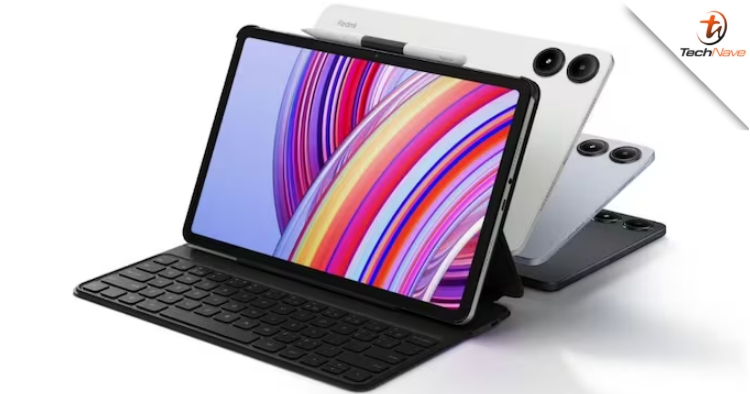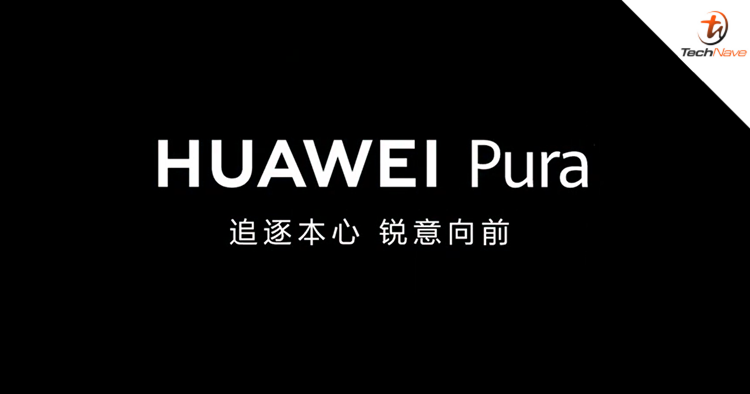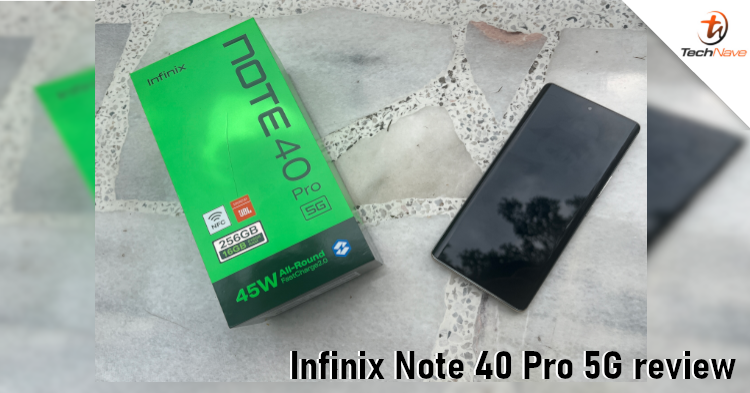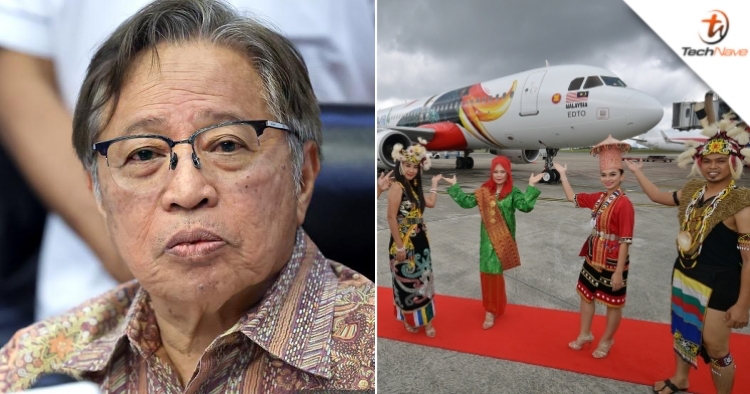(L-R: 4th from left) TKP Dato’ Narander Singh, Kajang Prison Director; Jasmine Begum, Director of Corporate, External & Legal Affairs, Microsoft Malaysia and Emerging Markets; TKJP Dato' Haji Hassan bin Sakimon, Deputy Commissioner General, Malaysian Prisons Department; Mary Snapp, Corporate Vice President, Microsoft Philanthropies; and KP Dato’ Jamaluddin Saad, Director, Management of Inmate Division, Prisons Department of Malaysia, pictured on stage together at the announcement today
As of 30 June 2016, Microsoft Malaysia has announced a three-year partnership with the Malaysian Prisons Department (under the purview of the Ministry of Home Affairs), to provide juvenile inmates in the country with digital literacy and upskilling opportunities in the areas of digital inclusion, entrepreneurship, and capacity building.
The main objective of this three-year collaboration is to prepare 500 inmates, aged between 16 to 21 from 13 prison schools nationwide, with capacity building opportunities with Microsoft volunteers, student partners and NGO partners such as Yayasan Generasi Gemilang, for employability and to pursue further educational opportunities upon their release.
They will be trained to use basic computer programs such as Microsoft Word, PowerPoint and Excel. Microsoft Malaysia is also looking at providing training to teachers from the prison in the areas of digital literacy, which would help them to impart the necessary skills required to improve learning outcomes.
Mary Snapp, Corporate Vice President of Microsoft Philanthropies, explained that the collaboration was part of Microsoft’s long-standing commitment to invest in digital inclusion programs and partnerships in the country.
“Microsoft was founded on the principle that people can do remarkable things when technology is within reach. We want to create immersive and inclusive experiences that inspire lifelong learning, stimulating development of essential life skills – communication, collaboration, critical thinking, creativity, character, citizenship and computational thinking – and supporting educators in guiding and nurturing student passions.”
Mary Snapp, Corporate Vice President of Microsoft Philanthropies, giving her keynote speech,
elaborating on how empowerment begins with inclusion
“We are excited about the partnership with the Prison Department of Malaysia on this program, which includes providing Digital Literacy, entrepreneurship, computer science and leadership amongst others, looks at employability and start-ups as an outcome for these 13 prison schools,” she said during her visit to Malaysia.
The announcement also marks the company’s second collaboration with the Prisons Department of Malaysia. Last year, Microsoft Malaysia’s Hour of Code initiative introduced over 160 Henry Gurney Prison School inmates to a specially created “Minecraft” coding tutorial, in which students and educators learnt about the basics of coding – allowing them to navigate, mine, craft and explore in a two-dimensional “Minecraft” world, plugging together blocks to complete actions and generate code.
Following its success, the Ministry of Home Affairs has been in discussions with the tech giant to develop similar capacity-building programs. This has led to the Prisons Department of Malaysia considering the development of IT Academies for these 13 Prison Schools nationwide, which includes Henry Gurney Prison Schools and Integrity Schools.
(R-L) Mary Snapp, Corporate Vice President of Microsoft Philanthropies, receiving a token of appreciation from
TKJP Dato' Haji Hassan bin Sakimon, Deputy Commissioner General, Malaysian Prisons Department
The partnership with The Prisons Department of Malaysia is part of Microsoft Philanthropies’ efforts in bridging gaps across communities. By working together with both public and private organizations, the company aims to help more Malaysian youth fill computer science-related jobs that will exist in the country as the nation move towards a developed status by 2020.



















COMMENTS